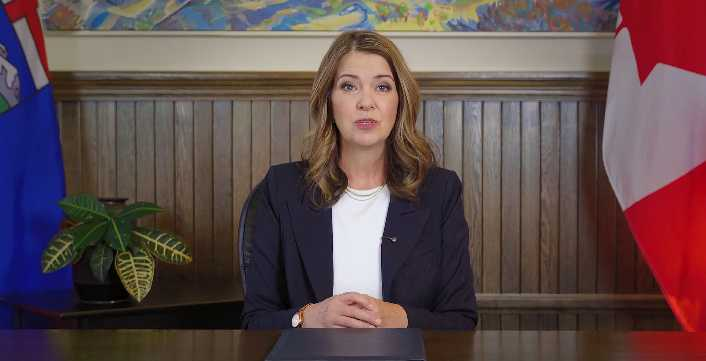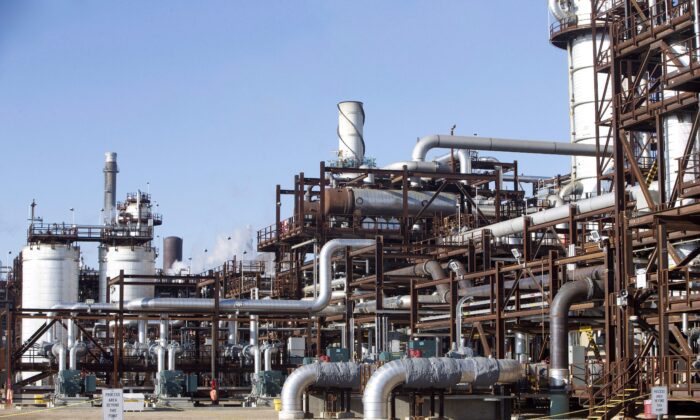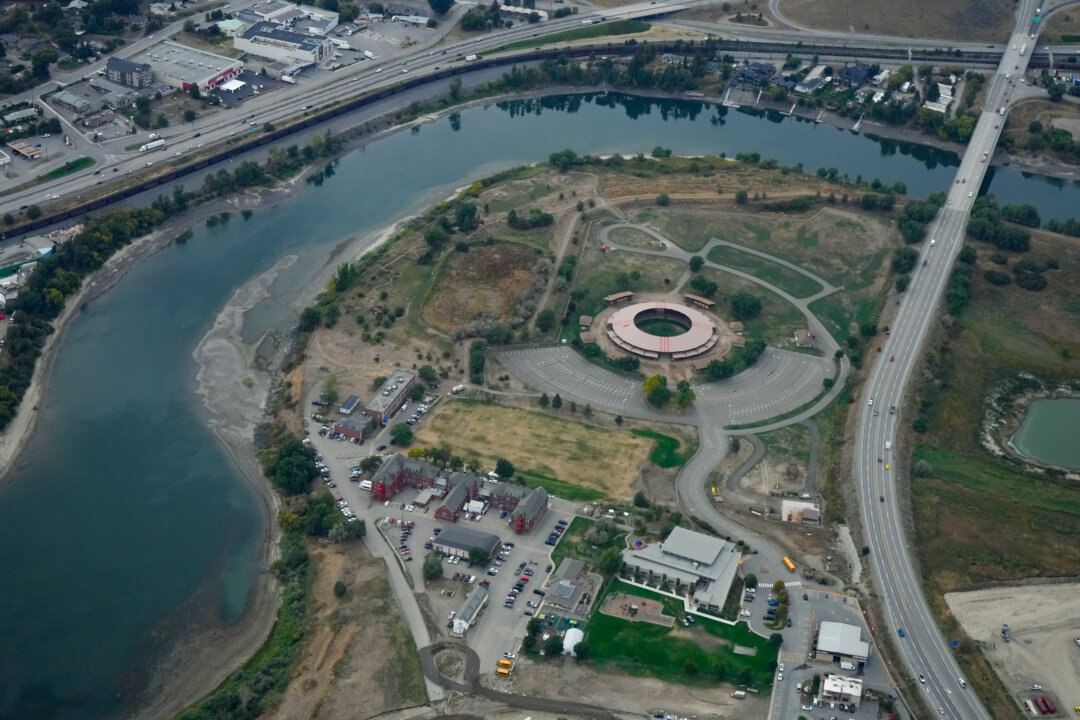
Debate Over Carbon Capture Tax Credits, as PBO Estimates They Could Cost $1 Billion More Than Estimated
A new report by the Parliamentary Budget Officer (PBO) says the federal government’s tax credit encouraging companies to invest in carbon capture technology will likely cost more than Ottawa estimated.
The PBO’s Feb. 1 report estimates the cost of the investment tax credit for carbon capture, utilization, and storage (CCUS) at $5.7 billion for the six years from 2022–23 to 2027–28.
A second PBO report released on the same day, which examined a separate federal tax credit, for investments in clean hydrogen, estimates that it would reduce federal revenues by $5.7 billion over five years, from 2023–24 to 2027–28.
Lumped together, the two investment tax credits could cost more than $11 billion—roughly a billion more than what Ottawa estimated.
One environmental group points out that they could end up costing even more.
“These tax credits are being designed without a ceiling,” said the group Environmental Defence in a Feb. 1 statement. “That means the final cost for Canadian taxpayers could end up being much, much greater.”
No Excavations Done Yet at Kamloops Residential School as First Nation Provides Update on ‘Complex’ Investigation
"I am honoured to speak directly with Albertans about the road ahead for our province, the choices we face together, and how you will have the final say in shaping Alberta’s future within a strong and united Canada."
https://x.com/ABDanielleSmith/status/2024661280163058030

















